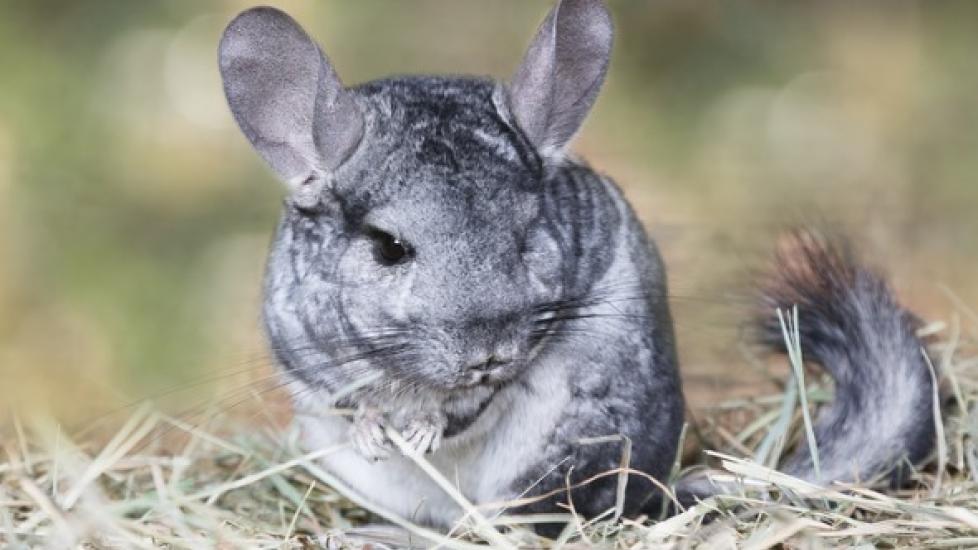Heat Stress in Chinchillas
Heat stress is a condition that occurs when the body gets over heated due to an abnormality in the heat-regulating system of the body. High environmental temperature, high humidity, and inadequate ventilation are often the causes for the development of heat stress in chinchillas. Chinchillas are very sensitive to sudden changes in their environment and when the temperature is above 80 degrees Fahrenheit (27 degrees Celsius) the chinchillas may experience various complications. If heat stress is not treated quickly, it can even prove fatal for the chinchilla.
Symptoms
- Restlessness (usually the first sign)
- Deep and accelerated breathing
- Drooling
- Weakness
- Fever
- Respiratory complications (i.e., lung congestion)
- Coma
Causes
Excessive physical strain and obesity are often predisposing factors for the development in chinchillas.
Diagnosis
Other than observing the chinchilla's clinical symptoms, your veterinarian will make a diagnosis by recording the animal's rectal temperature and assessing its environmental conditions with the information you provide.
Treatment
In order to treat heat stress the chinchilla's body must be cooled off slowly by giving it cold water baths; cold water enemas may also be administered by your veterinarian. In order to properly cool the body, regularly check the chinchilla's rectal temperature and modify the treatment accordingly until its body temperature is normal. General supportive care such as vitamin and mineral supplements, intravenous (IV) fluids, and corticosteroids can all help stabilize the chinchilla and prevent it from going into a state of shock.
Living and Management
Rest in a calm, cool and preferably dark environment are all essential for your chinchilla's recovery. Also, provide adequate ventilation and regularly check its body temperature, bringing it back to the veterinarian at the first sign of a relapse.
Prevention
To help prevent heat stress, make sure that your chinchilla's cage is well ventilated and placed away from direct sunlight.
Featured image: iStock.com/alkir
